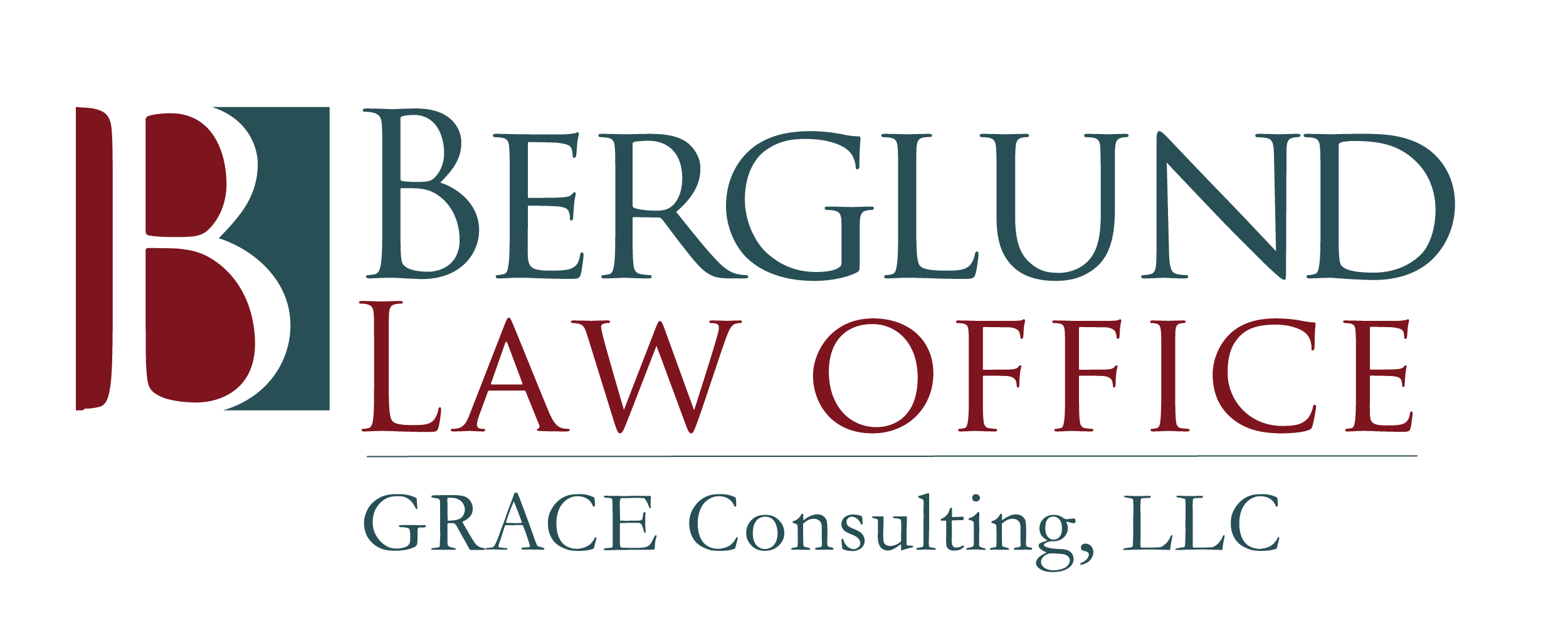

Because MA is a means-tested program, the County will evaluate all of your assets and income to determine whether or not you are financially eligible for the program. Minn. Stat. § 256B.056 sets forth the asset and income requirements for two different types of applicants:
- Single applicants; and
- Married applicants in the case that one spouse will be (or is) “institutionalized” and will be (or is) receiving care while the other spouse (the “community spouse”) remains in the community.
Spousal impoverishment laws prevent married persons from spending all of their income and assets on long-term care. Instead, there are rules related to assets and income that provide for a community spouse.

It is extremely important for Minnesotans to know which assets are excluded for Medicaid/Medical Assistance (MA) eligibility purposes when contemplating MA Long-Term Care benefits for individuals who are 65 years of age or older, blind, or disabled.
The focus of this article is only EXCLUDED ASSETS for MA eligibility purposes. This article does not discuss the income requirements, the asset allowances for a community spouse, or the “spend-down rules” for MA recipients.
WHAT ASSETS ARE EXCLUDED FOR MA ELIGIBILITY PURPOSES?
HOMESTEAD
Assets are considered to be “available” for MA purposes if the owner has both the legal authority and actual ability to use the asset or to convert the asset to cash. There are certain assets, however, that can be retained by an applicant but are determined to be “excluded assets” for MA eligibility purposes.
As of January 1, 2015, homesteads are considered to be “excluded” subject to the following conditions:
- If the applicant still lives in the home or can be reasonably expected to return to the home so long as the home equity is at or below $552,000. The home equity limit increases annually based on the Consumer Price Index for All Urban Consumers (CPI-U).
- If a single MA applicant moves into and remains in a long-term care facility, the homestead is excluded for six calendar months. At the expiration of the six-month period, the applicant must either move back home or make reasonable efforts to sell the home.
- If the applicant is married, but no longer lives in the home, the homestead may still be excluded if it is used as a primary residence of any one of the following individuals:
- Spouse;
- A minor child (under age 21);
- A disabled child (certified disabled under the criteria established by the Social Security Administration);
- An adult child who resided in the home and provided care to the applicant that permitted him or her to reside in the home rather than an institution for at least two years immediately prior to the applicant’s admission to a long-term care facility (under the “caregiver rule”); or
- A sibling with an equity interest in the home that resided in the home for at least one year immediately prior to the applicant’s admission to a long-term care facility.

OTHER ASSETS
Other assets excluded for MA purposes, include the following:
- One vehicle of any value,
- Tangible person property (if it is not kept for investment purposes),
- Capital and operating assets of a trade or business that the County determines are necessary to the applicant’s ability to earn an income are not considered,
- Some trusts including Supplemental/Special Needs Trusts and Pooled Trusts,
- Pre-funded funeral and burials, and
- Liquid assets (bank account) worth $3,000 or less
